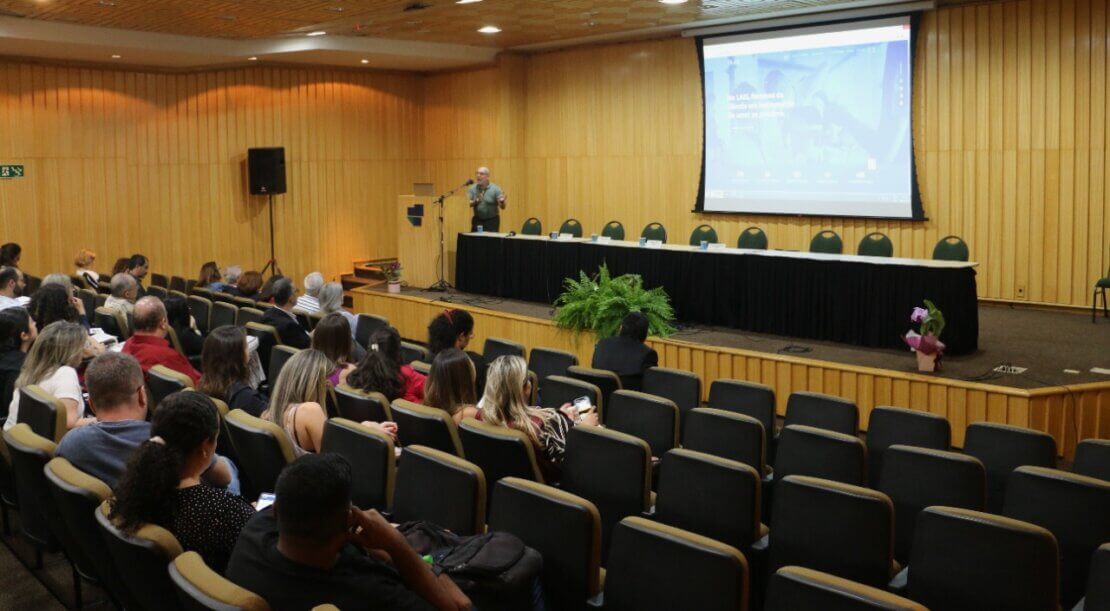By Jordana Vieira – LAIS/UFRN Communication Advisor
Once again, the work developed by the Laboratory for Technological Innovation in Health (LAIS/UFRN) received international recognition. This time, the International Council for Open and Distance Education (ICDE), has selected three papers developed by researchers from the Laboratory for presentation in an event that will be held in Norway, in February next year, and will discuss distance education and other subjects related to this area.
The third International Conference on Lifelong Learning will occur in Lillehammer, Norway, February 15-17, 2023. There, educators and researchers will be present to share knowledge and experiences and develop future solutions for adult lifelong learning and employability.
This is the second face-to-face edition of the International Lillehammer Lifelong Learning ICDE Conference. Last year the Conference was held entirely virtually, given the context of the Covid-19 pandemic. The big news this year is the Symposium that will have as its guiding theme “Lifelong learning policies for sustainable health and well-being, education and inclusion, cities and communities”, and is entitled “#LearningSavesLives: Lifelong in Health as a tool to manage health emergencies and qualify health care,” for which researchers from LAIS and the World Health Organization have been invited to present their experiences and successful studies.
The Symposium will be coordinated by LAIS/UFRN researcher Carlos Alberto Oliveira. The researcher, Carlos Alberto Oliveira from LAIS/UFRN, will coordinate the symposium. During the three-day event, one of the expected topics will be to evaluate the experiences of the World Health Organization (WHO) and the Laboratory for Technological Innovation in Health (LAIS/UFRN) during the most intense period of the Covid-19 pandemic, in which new coping technologies were developed, as well as resilient learning ecosystems to respond to multiple health emergencies and to empower the health workforce.
In the scientific program, two papers will be presented by WHO and three by LAIS/UFRN, the result of a partnership with the University of Coimbra (UC), the Federal University of Pernambuco (UFPE), and the State University of Rio de Janeiro (UERJ).
According to LAIS/UFRN researcher and ICDE member Carlos Alberto Oliveira, in this period, there has been a breakthrough in the organization of learning trails with more than 330 courses available on AVASUS. “The action of LAIS has been fundamental to qualify health professionals during the confrontation of Covid-19,” he argued. The researcher also stressed the importance of the Laboratory for Technological Innovation in Health in facing the challenges faced in line with global needs. “LAIS is one of the most relevant international “players” in lifelong learning to achieve the Agenda 2030 sustainable development goals.”





